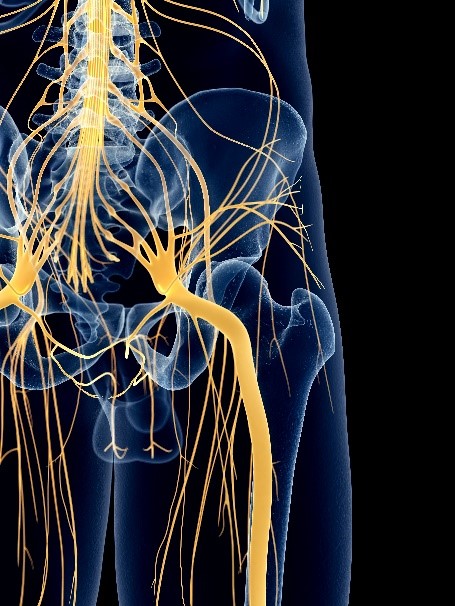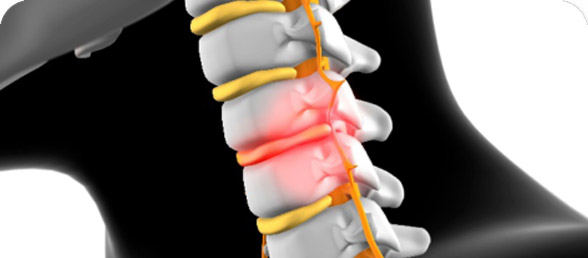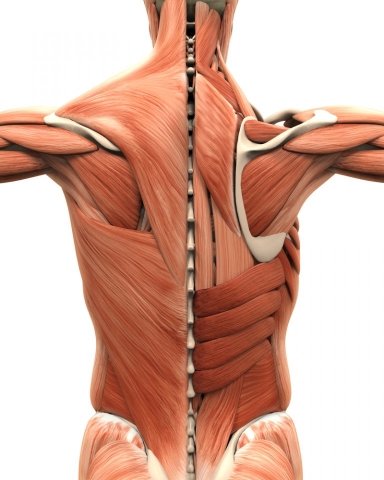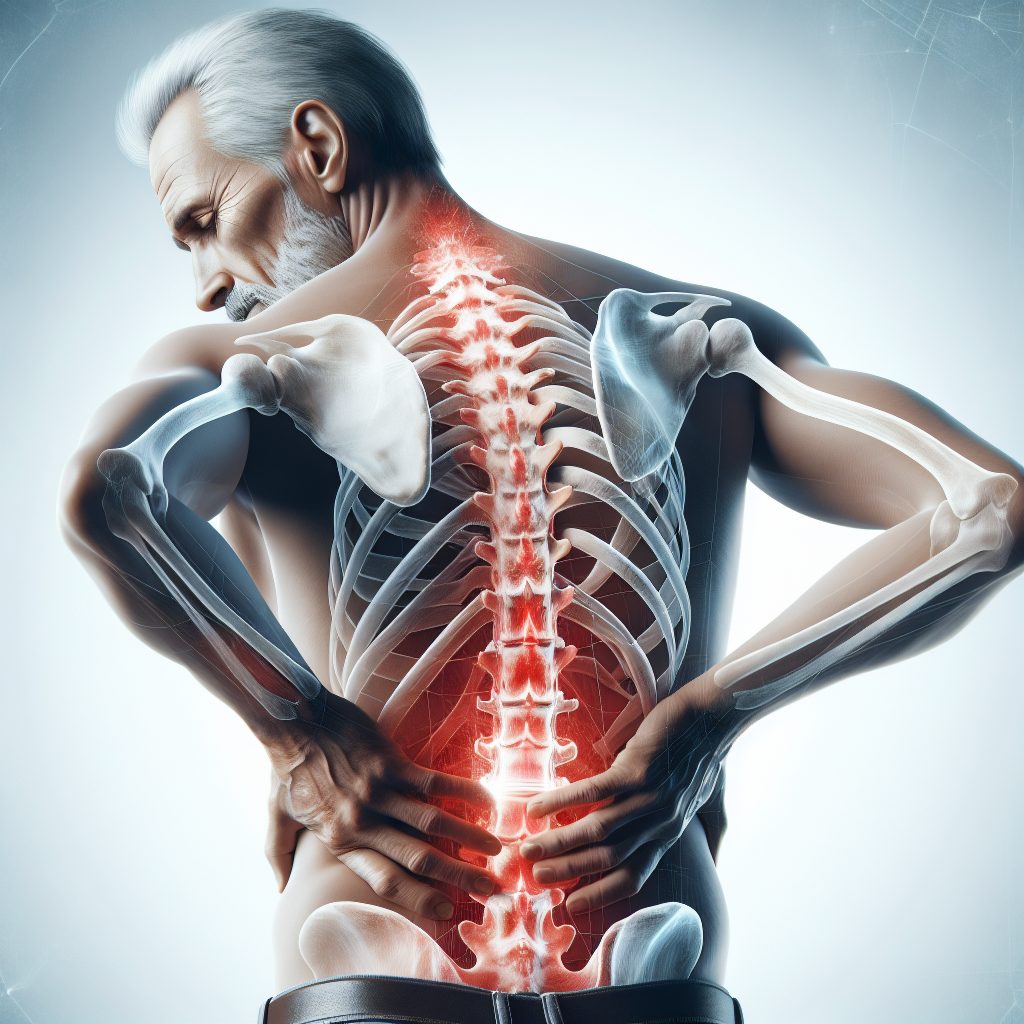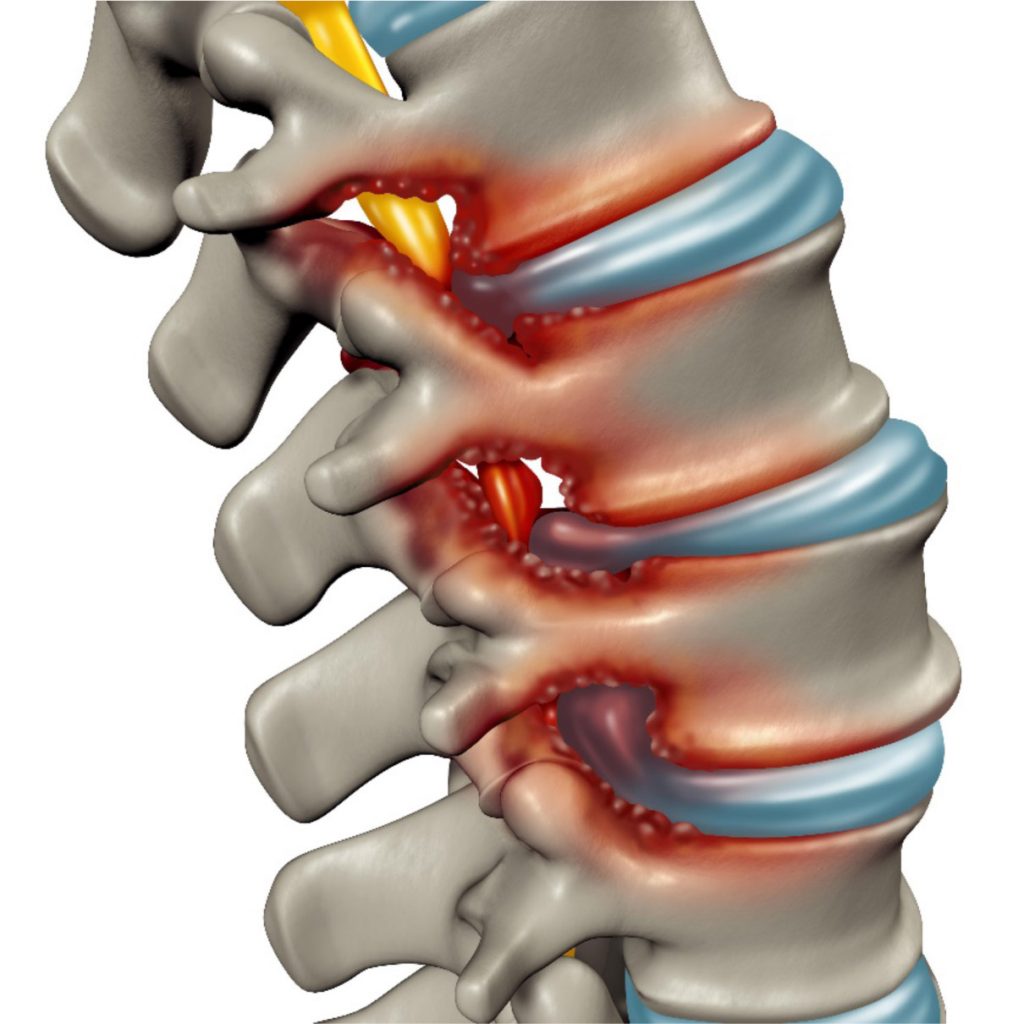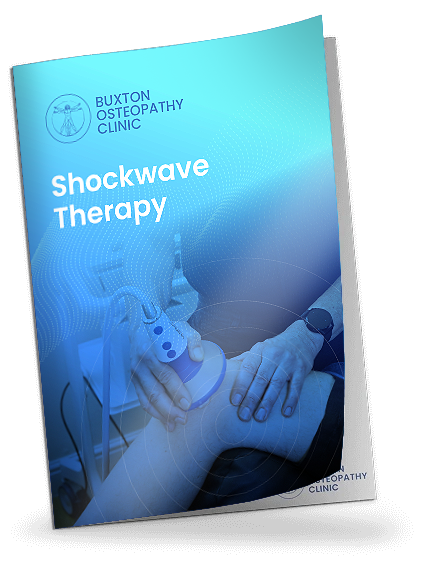What information do we collect and how?
The information that we collect via the Website may include
– Any personal details that you knowingly provide us with through forms and our email, such as name, address, telephone number, etc. In order to effectively process credit or debit card transactions it may be necessary for the bank or card processing agency to verify your personal details for authorisation outside the European Economic Area (EEA). Such information will not be transferred out of the EEA for any other purpose.
– Your preferences and use of email updates, recorded by emails that we send you (if you select to receive email updates on products and offers).
– Your IP Address. This is a string of numbers unique to your computer that is recorded by our web server when you request any page or component on the Website. This information is used to monitor your usage of the Website.
– Data recorded by the Website which allows us to recognise you and your preferred settings. This saves you from re-entering information on return visits to the site. Such data is recorded locally on your computer through the use of cookies. Most browsers can be programmed to reject or warn you before downloading cookies, and information regarding this may be found in your browser’s ‘help’ facility.
What we do with your information
Any personal information that we collect from this website will be used in accordance with the Data Protection Act 1998 and other applicable laws. The details that we collect will be used:
To process your order, to provide after sales service (we may pass your details to another organisation to supply/deliver products or services that you have purchased and/or to provide after-sales service).
In certain cases we may use your email address to send you information on our other products and services. In such a case you will be offered the option to opt in/out before completing your purchase.
We may need to pass the information we collect to other companies for administrative purposes. We may use third parties to carry out certain activities, such as processing and sorting data, monitoring how customers use the Website and issuing our emails for us. Third parties will not be allowed to use your personal information for their own purposes.
Your rights
You have the right to request a copy of any information that we currently hold about you. In order to receive such information please send your contact details including address and payment of £25 to cover administration expenses to the following address:
Privacy Policy (Phil Heler)
Buxton Osteopathy Clinic,
7 Bridge Street,
Buxton,
Derbyshire SK17 6BS.
Other websites
This privacy policy only covers this website. Any other websites which may be linked to by our website are subject to their own policies, which may differ from ours.

